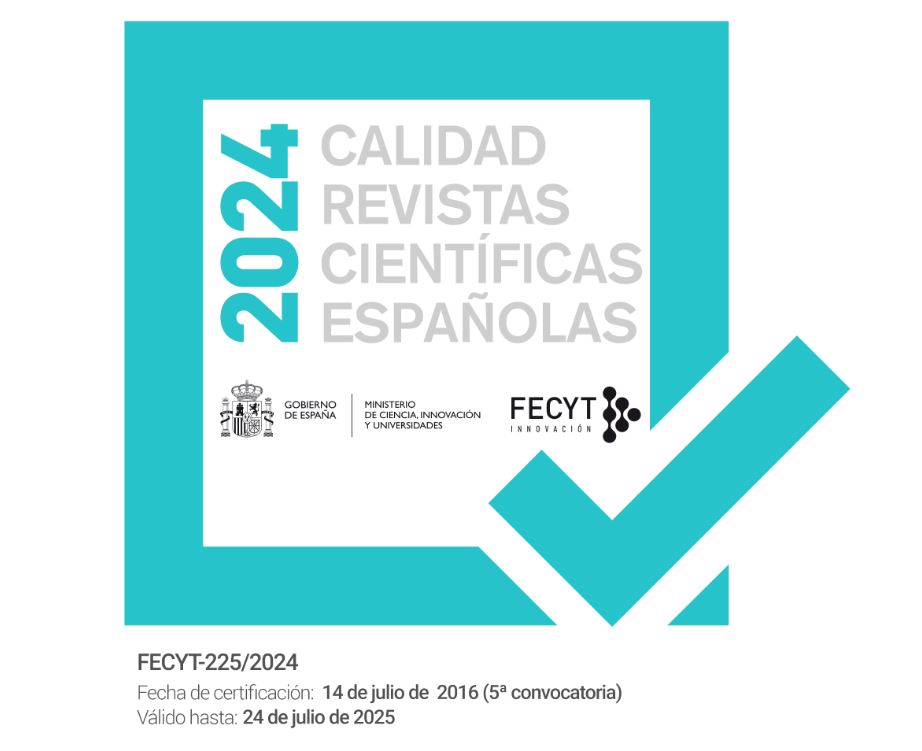Thinking sex, changing sex: Spanish women middle and higher education in the 1950s
DOI:
https://doi.org/10.30827/arenal.v17i2.1452Keywords:
Gender, Education, History of Modern Spain, 1939-1975Abstract
The Spanish university under Francoism was regulated by Law of 1943. This law defined the scholar identity the next thirty years. In this article the author argues that although the law did not exclude women explicitly from higher learning the definition of “True Catholic womanhood” was intrinsically opposite to the scholar subjectivity. Through a Foucaldian reading of the LOU of 1943 as well as the laws issued in the 1950s to regulate the middle education women were discouraged to pursue higher learning or in the best case pursue a career appropriate for her sex. The article focuses in the period of the 1950s when the regime experiences a transition from autarchy to consumerism and gender roles need to be redefined for the new economy.
Downloads
Downloads
Published
How to Cite
Issue
Section
License
Los/as autores/as que publican en esta revista están de acuerdo con los siguientes términos:
Los autores/as conservarán sus derechos de autor y garantizarán a la revista el derecho de primera publicación de su obra, el cuál estará simultáneamente sujeto a la Licencia de reconocimiento de Creative Commons 4.0 BY-NC-ND que permite a terceros compartir la obra siempre que se indique su autor y su primera publicación esta revista.
Los autores/as podrán adoptar otros acuerdos de licencia no exclusiva de distribución de la versión de la obra publicada (p. ej.: depositarla en un archivo telemático institucional o publicarla en un volumen monográfico) siempre que se indique la publicación inicial en esta revista.
Se permite y recomienda a los autores/as difundir su obra a través de Internet (p. ej.: en archivos telemáticos institucionales o en su página web) antes y durante el proceso de envío, lo cual puede producir intercambios interesantes y aumentar las citas de la obra publicada. (Véase El efecto del acceso abierto).


















